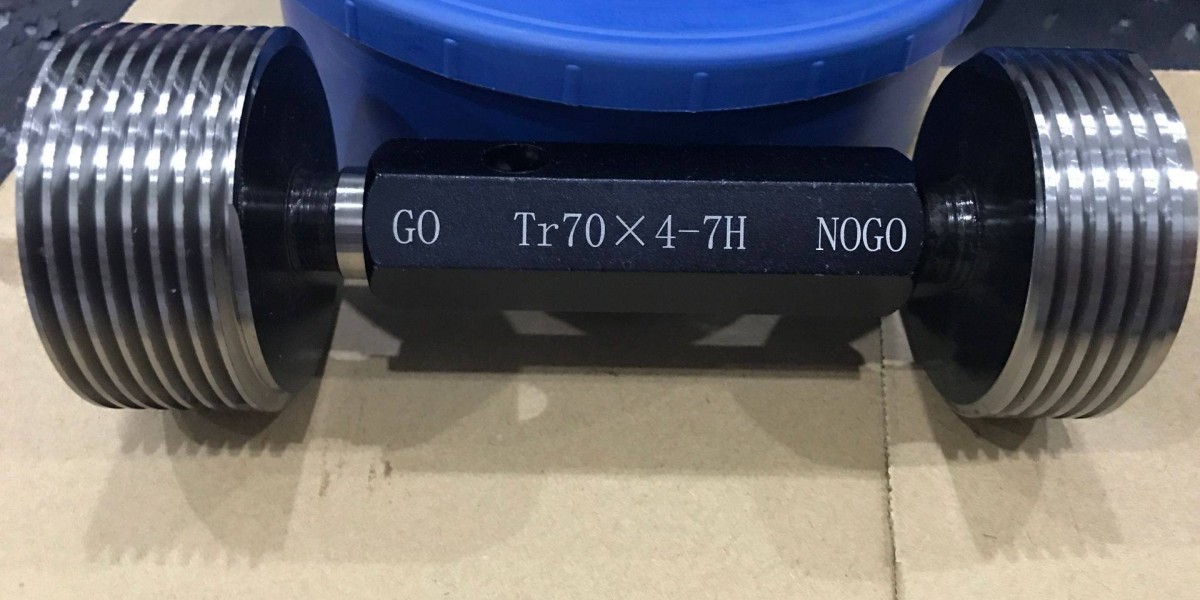In the manufacturing industry, precision is of utmost importance, with the integrity of thread gauges and taps being essential for maintaining the quality of threaded components. The question arises: How can these crucial tools be protected from frequent damages? The stakes are particularly high when considering the role of thread gauges as inspection tools. Even a minor flaw in a Whitworth thread gauge renders it unusable, jeopardizing the accuracy of the entire inspection process. Considering this critical function, it becomes imperative for manufacturers to implement preventive measures ensuring the resilience and longevity of their thread gauges and taps.
The first line of defense in preventing damages to thread gauges and UN thread taps involves implementing proper storage practices. These tools, often crafted with precision, are sensitive to environmental conditions. Storing them in a designated area away from harsh elements, extreme temperatures, and potential impacts shields them from unnecessary wear and tear. By establishing a controlled environment, manufacturers create a foundation for preserving the structural integrity of their thread gauges and taps.
Regular inspections are another key component of a proactive maintenance strategy. Just as thread gauges are employed to inspect the accuracy of threaded components, manufacturers should reciprocate by subjecting their thread gauges and taps to routine checks. These inspections help identify any potential issues early on, allowing for timely repairs or replacements. This preventative approach minimizes the risk of unnoticed damages escalating into more significant problems.
Equally important is the implementation of proper handling procedures. Training personnel involved in the usage and handling of thread gauges and taps ensures that these tools are treated with the utmost care. Mishandling, such as dropping or applying excessive force, can result in damages that compromise the accuracy of the tools. Educating staff on the delicate nature of these precision instruments contributes to a culture of responsibility and accountability in the manufacturing environment.
Choosing top-tier materials for thread gauges and taps serves as a fundamental measure in minimizing frequent damages. Although the temptation to reduce costs by selecting cheaper materials may be present, the enduring repercussions can be harmful. Inferior materials are susceptible to increased wear and damage, resulting in a diminished lifespan for the tools. Opting for quality over cost emerges as a prudent investment, guaranteeing the durability and resilience essential for prolonged and effective utilization.
Furthermore, establishing a regular maintenance schedule is crucial. Neglecting the upkeep of thread gauges and taps can lead to gradual wear and tear, ultimately compromising their accuracy. Routine cleaning, lubrication, and calibration, performed by trained personnel, contribute to the sustained functionality of these tools. This proactive approach extends the lifespan of thread gauges and taps, minimizing the frequency of damages.
Recognizing the pivotal role these tools play in maintaining the quality of threaded components, manufacturers must adopt a proactive approach to ensure the longevity and accuracy of their thread gauges and taps. In the intricate dance of precision manufacturing, the preservation of these tools becomes a foundational element in upholding the standards of excellence.








